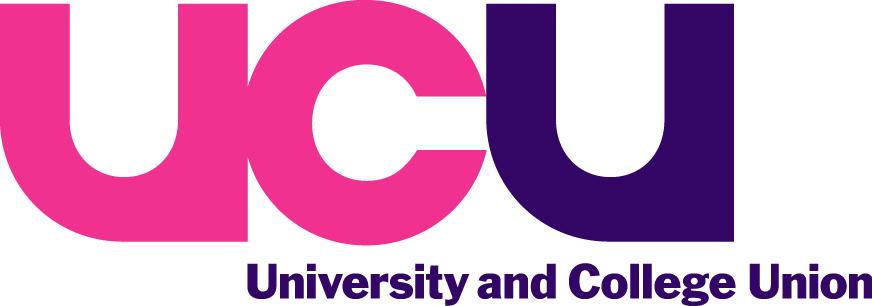In September 2018, the government announced that HE employer contributions to the Teachers’ Pension Scheme (TPS) in England & Wales were to increase by 7.2 per cent to 23.8 per cent. The TPS is the pension scheme which most post-92 institutions and their academics reside under. These increases represent a very significant increase in real £ terms to the employers – in the case of OBU approximately £2.3m annually. The central questions surrounding this uplift in contributions are “how will the University meet this increased bill and what might be the fallout from this for staff”? Before we answer these questions it is wise to consider what has already gone before in recent times, as recent/ongoing events will fashion employer response.
Of particular note are UG recruitment trends over the last 3 years. Both nationally and within OBU we are experiencing sharp declines in UG recruitment levels. Whilst our employers are trying to calm the waters by indicating that the worst is over i.e. we only have a 3% decline in the academic year 2018-19 as compared to a 20% decline in 2017-18, the fact remains that over the last 3 year time period, income generation from UG fees has dropped sharply. As student fee income is our “bread and butter” – in essence we have a lot less money coming in with which to pay the bills. To potentially compound the impact of this – the Augar Review of post-18 education will look at UG fee levels, with several leaks suggesting that the annual fee will be reduced to £6.5k a year – should this become a reality, again a lot less money with which to pay the bills!
We have already experienced the impact of this downturn in our income generation in recent times in the shape of UG module/course closures and the implementation of a voluntary severance scheme (VSS) last summer. Both had significant impact. The removal of elements of our UG offer may well have a part to play in our recruitment difficulties, although there are other equally significant factors to take into account. Unquestionably however, we have concerns about the impact to our students’ study programme and its flexibility – with VSS as a senior management initiative at odds with their stated aim of “enhancing the student experience”. For us as a Branch the success (or otherwise) of the VSS, which aimed to save approximately £3.7m, has been difficult to gauge, as a lack of transparency by the senior management in terms of information provision has rather obfuscated the impact of the initiative. If, as we suspect the targets for VSS were not reached, then what next? Given the escalation in pressure upon the University to service a large and not entirely expected increase in pension contributions will we see yet more cuts in our academic offer? As Universities are knowledge-based industries with a very high proportion of their expenditure necessarily going on staff, some will argue that it is inevitable that they will explore reducing that expenditure via compulsory redundancies.
But what might it mean for our pensions? Already employers within the independent arm of secondary school provision are indicating that they are unable to afford the increased contributions and will be forced to withdraw from the TPS altogether, substituting it with a much poorer performing (but cheaper to them) alternative. Many others are indicating that the additional costs will impinge on their ability to fund staff pay increases and other staff benefits. How long will it be before Universities begin to explore similar mechanisms? Alternatively, Universities might simply do their sums in terms of how many staff needs to be shed in order to keep their annual TPS contributions at those similar to current.
-Prof Stewart Thompson
Department of Biological and Medical Sciences

